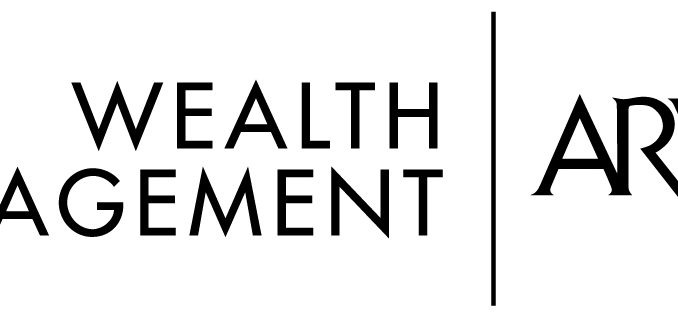
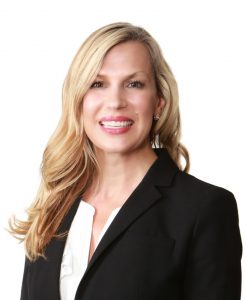
Written by Christy Gullet of Arvest Bank
The option to borrow money and repay it incrementally is a practice that helps keep our economy going. It’s the process by which we purchase homes and vehicles, attend college and conduct many of our financial transactions. Otherwise, consumers would have to pay in full for everything, and that take time. While many people learn to manage their debt, it can spiral out of control for others.
Whether it’s due to the ease of purchasing, not sticking to a budget, or simply not managing one’s income-to-debt ratio, debt can rule our finances if we’re not careful. There are warning signs, though, that can signal a debt problem. That’s where financial advisors can help assess the situation and create a plan for getting finances back on track. The key is realizing there’s a problem at an early stage and being willing to seek help.
Indicators of a debt problem include:
- The inability to meet monthly expenses. If you’re constantly borrowing money from family or friends to pay bills, or borrowing cash against your credit card, there’s a debt problem. There are always times when our expenses turn upside down temporarily, but when expenses outweigh monthly income consistently, it’s time to evaluate your finances.
- You can afford only the minimum monthly payment on revolving debt, such as credit cards. Monthly interest fees on revolving debt can greatly increase your overall balance, which extends the amount of time it will take to pay off that debt — by years. Always strive to pay as much above the minimum payment as possible.
- Increasing debt. If your debt is growing not because of additional purchases, but because you’re not paying it down enough to make an impact on the total balance, it’s time for a payoff strategy.
- The inability to save each month. When it becomes impossible to contribute monthly to savings and emergency funds, there are actually two problems – the size of the overall debt and the lack of a financial safety net with these two accounts.
- A dip in your credit score or declined applications for credit or loans also signal the need for an evaluation of debt.
Ignoring any of these signs can compound the problem and add months or years to the time it takes to recover from it. So, where does recovery begin? First, consult with a local financial advisor where you bank. They can help you map a strategy to pay off your debt, and they may have some solutions you weren’t even aware of.
Other actions you will need to take include:
- Reduce expenses. That begins by pledging to spend money only on the necessities such as rent, gas, food and bills. It also means cutting out amenities such as multiple cable or video streaming options, various memberships, dining out and all unnecessary purchases.
- Consolidate debt that has a higher interest rate. If you have multiple credit cards, look into whether it’s possible to transfer the balance from the card with the highest interest rate to a card with a lower interest rate. Once the balance on the card with the higher rate is transferred, cancel that card. Pay more than the minimum required payment every month.
- Pay off cards with the highest interest rate. If you have multiple credit cards and can’t transfer the balance of higher-rate cards to lower-rate cards, focus on paying off the card with the higher interest rate first by paying as much over the minimum payment as you can. Once that card is paid off, cancel it and begin paying down the card with the second-highest rate by paying as much over the minimum payment as you can. Once you pay off a card, increase your monthly payments on other debt, starting first with the cards that have higher interest rates.
- Find extra money. Look around your home for things you don’t want or need that might make enough money to pay the equivalent of three months of a credit card bill in one payment. Today’s social media marketplaces can be a good option for turning one man’s discards into another person’s favorite purchase.
- Earn extra money. Wages from additional, part-time work can make a big difference when you’ve stopped spending and you’re working to pay off debt. That work can range from part-time employment to offering services such as lawn care, cleaning homes, etc.
- Be patient. Digging out of debt takes time, patience, consistency and sometimes creativity. Seeking the help of a financial advisor and remaining dedicated to the payoff strategy will result in success.
Once the debt is under control or paid off, it’s important to develop a budget, as well as a spending and savings plan, so finances remain in control moving forward.
Christy Gullett is a Client Advisor for Arvest Bank. She can be contacted at cgullett@arvest.com.
Reference:
Christy Gullet, Client Advisor
Arvest Bank
cgullet@arvest.com

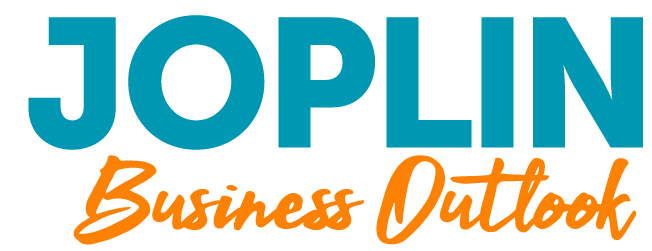



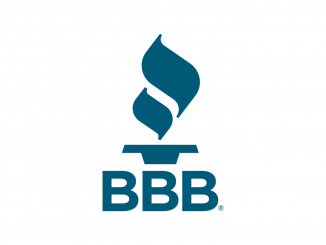
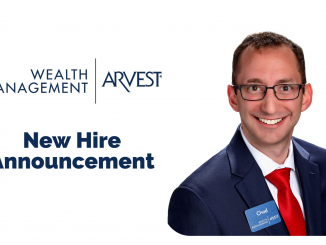

Be the first to comment